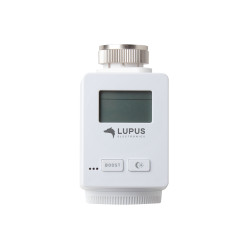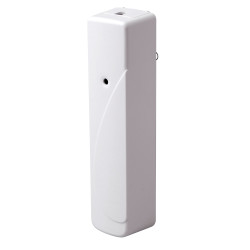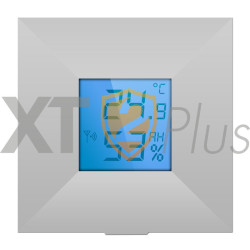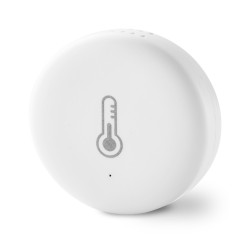- Alarm Systems (Radio & Wire)
- 178 likes
- 7651 views

What do a home alarm system, fire protection and travel cancellation insurance have in common? We often don't think about it until it's already too late. It's better to be prepared!
So think ahead and find out about security technology and alarm systems in your home before an emergency occurs. The right system for your home offers security and a monitoring system for fire protection with various hazard detectors, for example. Then you can leave the house with a clear conscience.
What requirements should the alarm system in the house meet?
However, some basic requirements must be met so that the alarm system can be seamlessly integrated into your home. But the alarm system itself should also meet certain requirements in order to offer truly effective protection.
- First and foremost, of course, reliability - firstly in terms of hazard detection and secondly in terms of reliability. All of our LUPUS-XT models work without a power supply for at least the next 17 hours in the event of a network error or power failure.
- Compatibility: Can all desired sensors and hazard detectors be integrated into the alarm system? Can your existing smart home devices be integrated?
- User-friendliness: How well can you interact and handle the new technology in daily use?
These three factors are of a more general nature and can vary greatly, depending on the area of application for which the alarm system is intended. In addition, there are also rules and regulations. Namely DIN EN50131 and its VDE counterpart. These are particularly important if you are thinking of getting your alarm system in your home subsidized by KfW. They describe further requirements. Firstly, the basic functions of detection (burglary detection), processing and control, alarm and display, operation and power supply. Secondly, the protective functions of operating safety, functional safety, sabotage security and environmental compatibility, which means functioning regardless of weather and environmental influences. All of these requirements are met by the LUPUSEC-XT4.
What requirements should warning detectors meet?
An alarm system should not only sound the alarm in the event of a break-in, but also in the event of an attack, fire, water or gas accidents and medical emergencies. Each area of application requires specific warning devices. In addition to the alarm system in the house, these must also meet certain requirements. Depending on the warning device, these can be very different and can therefore only be mentioned as examples here. However, we would be happy to advise you.
Door contact switches, vibration detectors and glass break detectors, the most common burglary alarms, are generally subject to the same protective functions as alarm systems mentioned above. CO and smoke alarms, on the other hand, have their own regulations. Here you should pay attention to the design and longevity of the batteries installed. The two additional links provide you with additional information.
Not sure? Ask the expert!
With all the information, it's easy to lose track. But this can have fatal consequences, especially when it comes to your safety. It's always worth contacting a specialist if you're unsure. They can help with an inspection of the property, answer questions and recommend a surveillance system that meets all requirements.
















